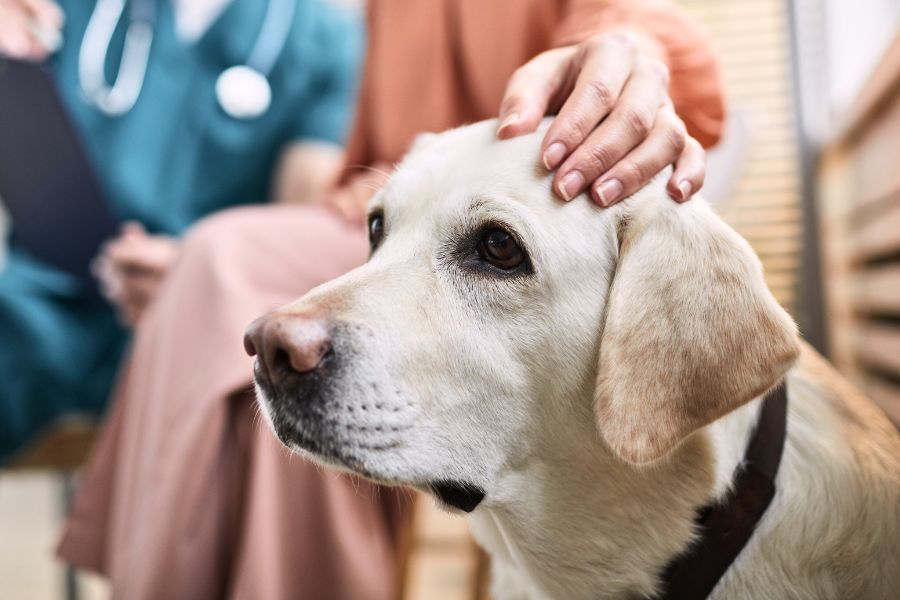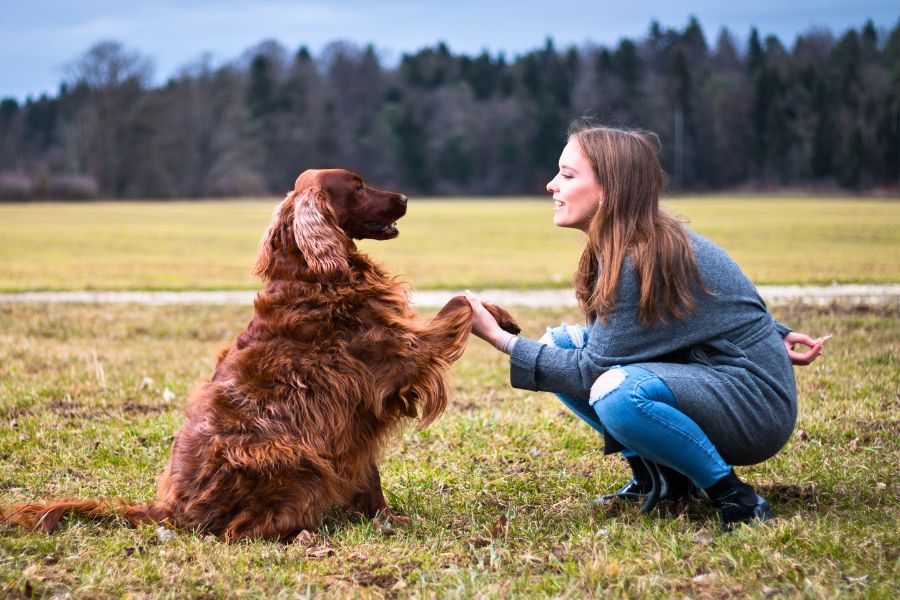New Pet Information
Adult Addition to Your Family
URGENT cARE
If your pet has an urgent medical need, please call us for faster service. We offer limited same-day appointments and urgent care services.
Wellness Exams
Congratulations on your adoption! We recommend scheduling an exam for your new pet as soon as possible to establish care. The initial visit will include a comprehensive exam and establish a baseline of health for your new addition. The exam will also ensure your family and any current household pets are safe from potentially transferrable conditions your new fur baby may have. Our veterinary team will also record any vaccinations your pet as already been given and will provide any vaccinations still necessary. This visit is also the ideal time to answer any questions you may have regarding the adoption of an adult pet.
The American Veterinary Medical Association (AVMA) recommends annual exams through age seven and bi-annual exams for pets older than seven years old. We will send email and text reminders to ensure you stay up to date with necessary veterinary care services.
Transitioning to a New Environment
One of the most important aspects of ensuring a smooth transition for a new dog or cat into their family and home environment is socialization. From the moment you bring your pet home, it’s important to create a positive atmosphere and familiarize them with their new environment. Start by slowly introducing the pet to their family members and taking them on short walks around the neighborhood. This will help them get used to the sights, smells, and sounds surrounding their new home. Additionally, gradually introducing them to other animals in the house and on walks will be another key part of the socialization process.
Training Your Pet
Training is another important step when welcoming a new pet. Basic obedience training can help establish rules and boundaries in the home so that you and your pet can coexist peacefully. It’s important to be patient and consistent when training, focusing on rewards-based methods.
Remain Mindful of Your Pet’s Needs
Finally, it’s important to remember that each pet has their own personality and tolerance levels. Take the time to understand your pet’s specific needs, including their learning style, medical conditions, necessary dietary restrictions, and more, and be prepared to provide them with all the necessary care and support they require.


